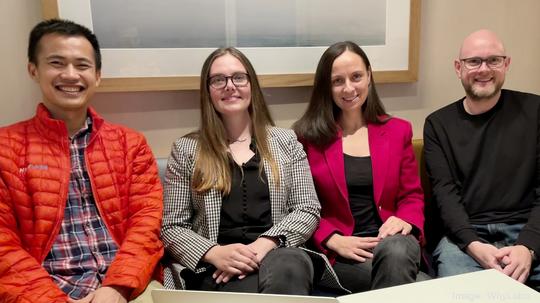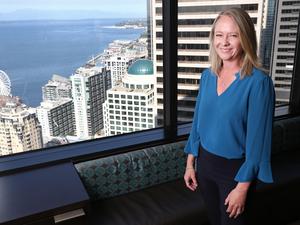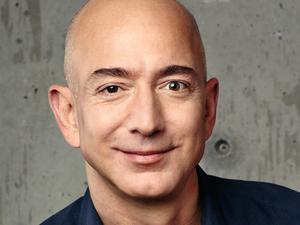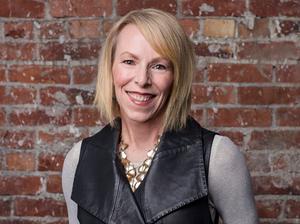
Seattle-based artificial intelligence company WhyLabs has raised $10 million in Series A funding.
The startup counts Madrona Venture Group and Bezos Expeditions among its investors. Defy Partners and Andrew Ng's AI Fund co-led the round. With the funds, WhyLabs plans to double its 18-person team over the next year.
"Our engineering team is rapidly expanding, and our go-to-market team is rapidly expanding," said Alessya Visnjic, co-founder and CEO of WhyLabs. "In addition to big enterprise customers, we have a free-tier, self-serve (software-as-a-service) platform. That means we need to support a lot more customers."
WhyLabs spun out of the Allen Institute for Artificial Intelligence in 2019, and its enterprise product came out of stealth last year. WhyLabs' technology allows clients to monitor their machine learning models, and it alerts them if the models are performing unpredictably. Visnjic uses the analogy of a vitals machine in a hospital to alert doctors and nurses how a patient is doing. WhyLabs also provides tools to debug and fix problems.
On its website, WhyLabs has open roles in engineering, marketing and product design. The startup counts Airspace and Zulily as clients.
WhyLabs isn't the only Allen Institute for AI spinout raising funds recently. In July, Seattle-based voice technology company WellSaid Labs raised $10 million in Series A funding. The startup is also looking to double its team.
WhyLabs had been remote and also using space at the Allen Institute before taking over space at the DocuSign Tower in downtown Seattle in September. The company, which also has an office in Raleigh, North Carolina, isn't looking to expand its physical footprint at the moment, according to Visnjic. She added that the company views its office as more of a collaboration space where people can get together to work on whiteboards.
"It's not as important to have space with desks," Visnjic said. "It's more important to have a space that is very easy for two, three or five engineers to just reserve, come in and whiteboard around."








